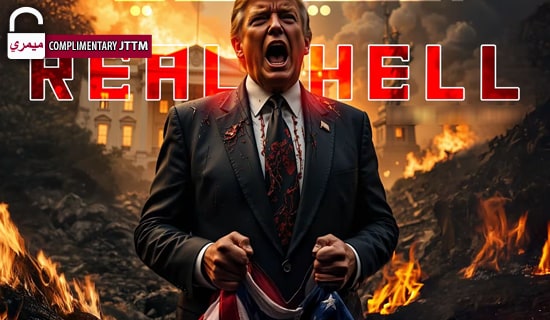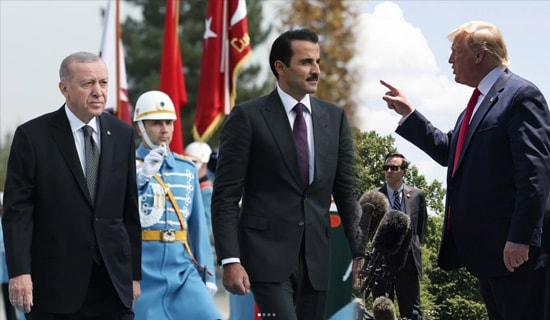On April 26, 2021, a Moscow City Court began a preliminary hearing on whether the organizations of jailed opposition leader Alexei Navalny can be considered extremist. If the court's decision is affirmative then Navalny's organizations would be banned as effectively as ISIS or Al-Qaeda. Pending the court's decision prosecutors in Moscow already suspended the organizations' operations, blocking bank accounts, preventing it from posting online, organizing protest actions or participating in elections. Navalny's operatives suspended operations fearing jail terms should the organizations be recognized as extremist.[1] Kommersant's political observer Dmitry Drive attempts to reason with the Kremlin and persuade it that by such actions it is shooting itself in the foot. By such actions, it is forcing the opposition to go underground and removing an escape valve for accumulated popular discontent. Drize's commentary follows below:[2]

Dmitry Drize (Source: Kommersant.ru)
"The case materials have been classified state secret. It is known only that the prosecutor’s office demands that three of Navalny’s organizations be recognized as extremist. The wording is as follows, 'these structures, under the guise of liberal ideas in fact attempt to change the constitutional order's foundation by using the a 'color revolution' playbook. This is the general wording. Nothing was said on how exactly the "attempt to change the constitutional order" is manifested. As everyone know the term 'color revolution' is not a legal concept per se, and what it is exactly is not completely clear.
"In case of an affirmative court verdict, membership in these organizations, as well as contact with them, including financial [contacts], risks six- or eight-years deprivation of liberty. That is, donating money, agitation, support activities [held by these organizations] will become a criminal offense. Roughly speaking, if one reposts a new video of Navalny’s investigation, then he might go to jail.
"The Jehovah’s Witnesses case serves as a concrete example. The organization was recognized as extremist, its financial activities were blocked, and its supporters are persecuted. Although in the West the Jehovah’s Witnesses are an official church. Probably, one can find a way to circumvent such restrictions. However, the risk of imprisonment is too high. On the one hand, there is no violation of the law, but on the other it is in the eye of the beholder.
"As for the political consequences, it is no secret that Alexei Navalny and his supporters are the only organized non-systemic opposition in the country. Moreover, it is the only legal non-systemic opposition.
"To recognize these organizations as extremists means the virtual elimination of the opposition with the prospects of its going underground. First of all, this is not very good scenario for the state.
"For starters, it is always easier to control politicians or public figures when they are in the public eye. Secondly, and this is the main thing, the opportunity for certain groups of the population (especially young people) to let off steam disappears.
"When public dissatisfaction accumulates, but has no outlet, it can lead to even worse consequences than even Alexei Navalny's rallies and investigations. Historic examples to that effect are plentiful.
"And finally, thirdly, it is obvious that the authorities are aware of the ambiguity of this decision. The secrecy of the case and the terse Kremlin commentary along the lines of it is necessary to fight extremism; it is too soon to talk of innocent people suffering, let’s see what they decide there [in the court],” point to that conclusion. However, the risk of being incarcerated for nothing increases, and it clearly creates a bad feeling."




.jpg)